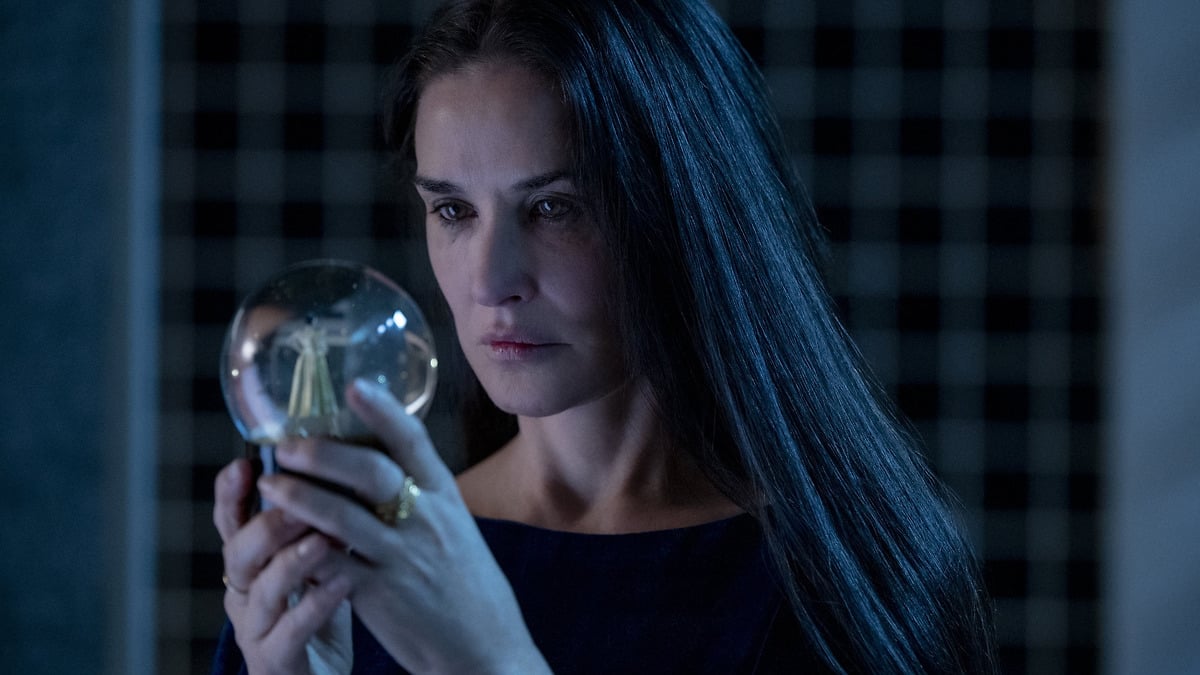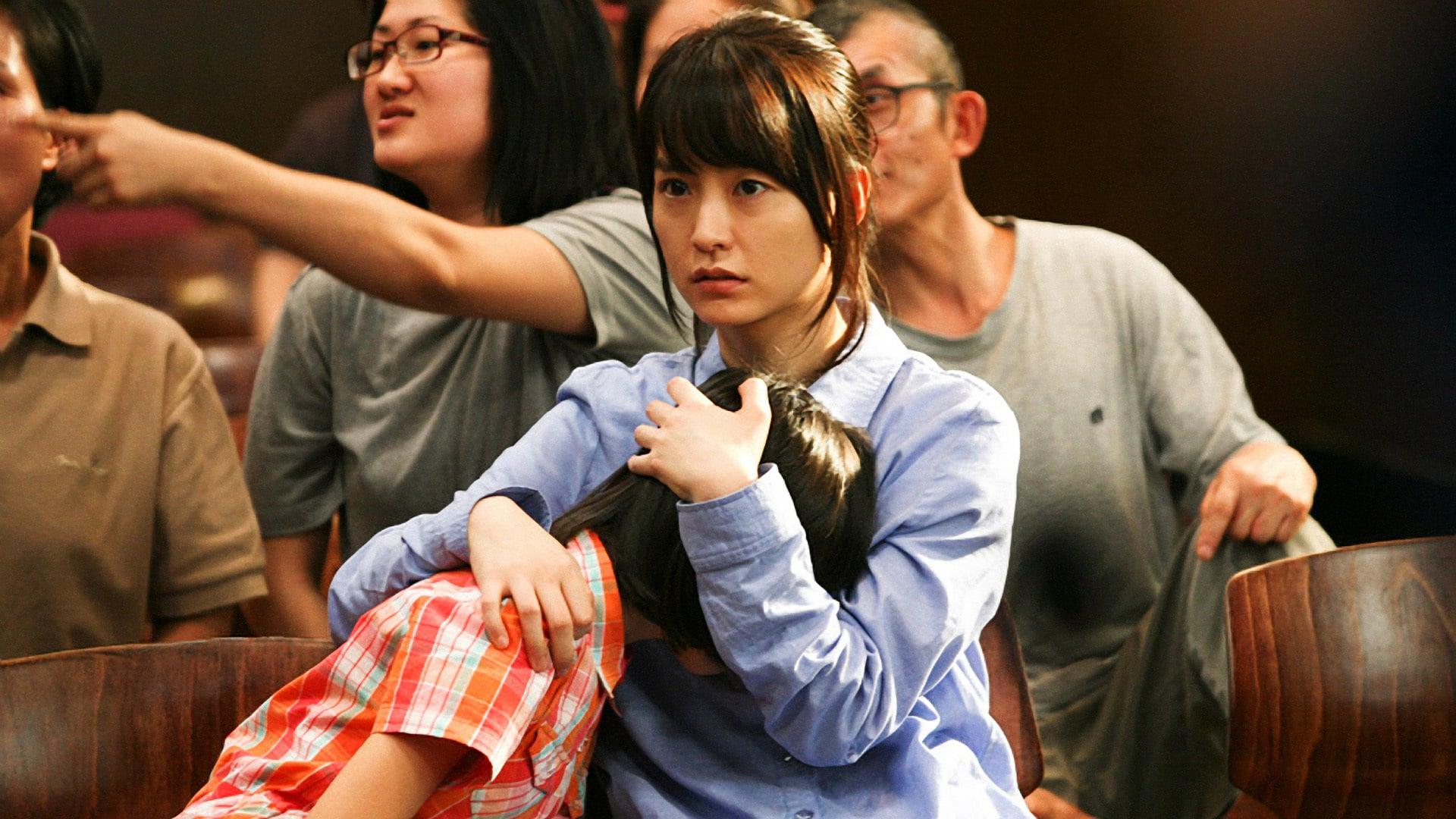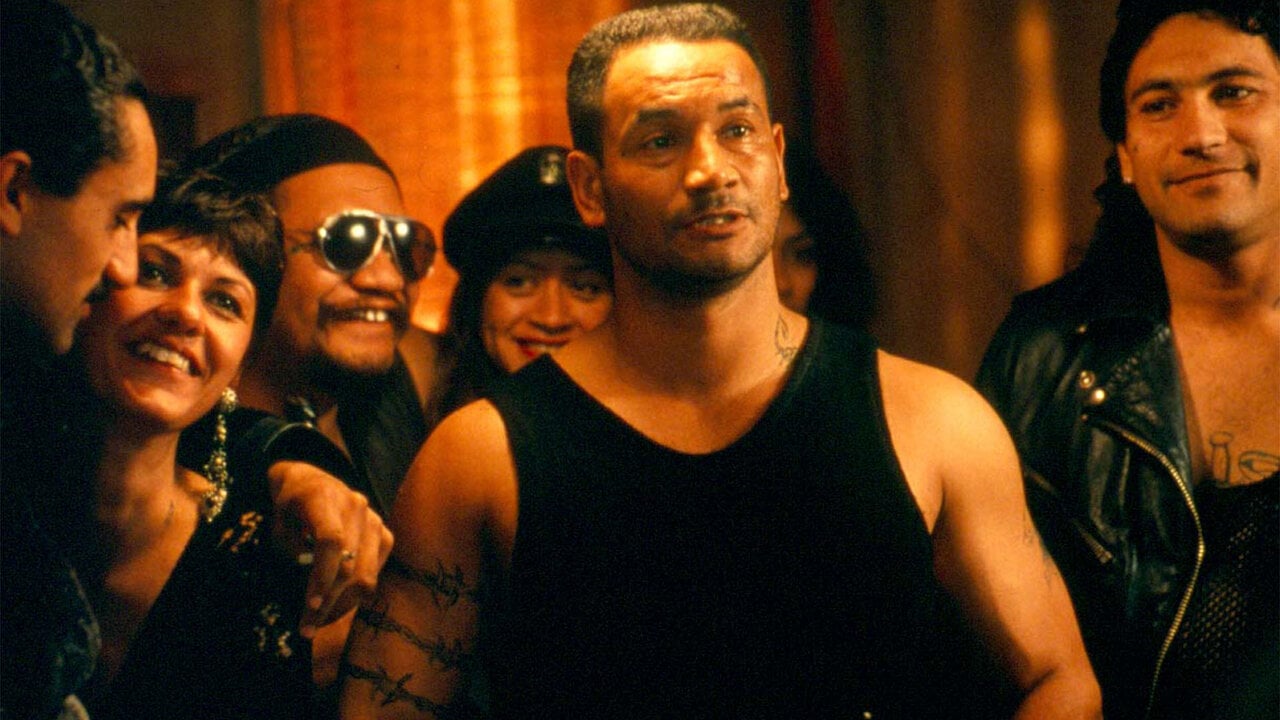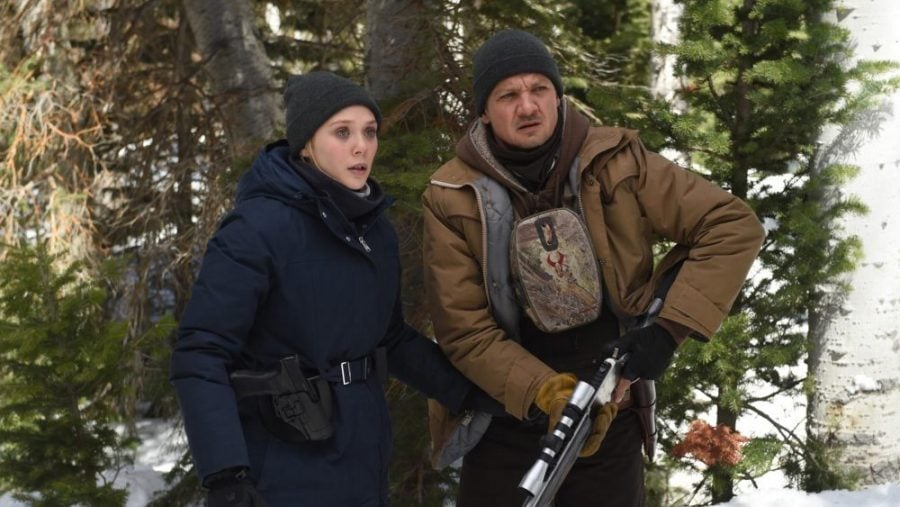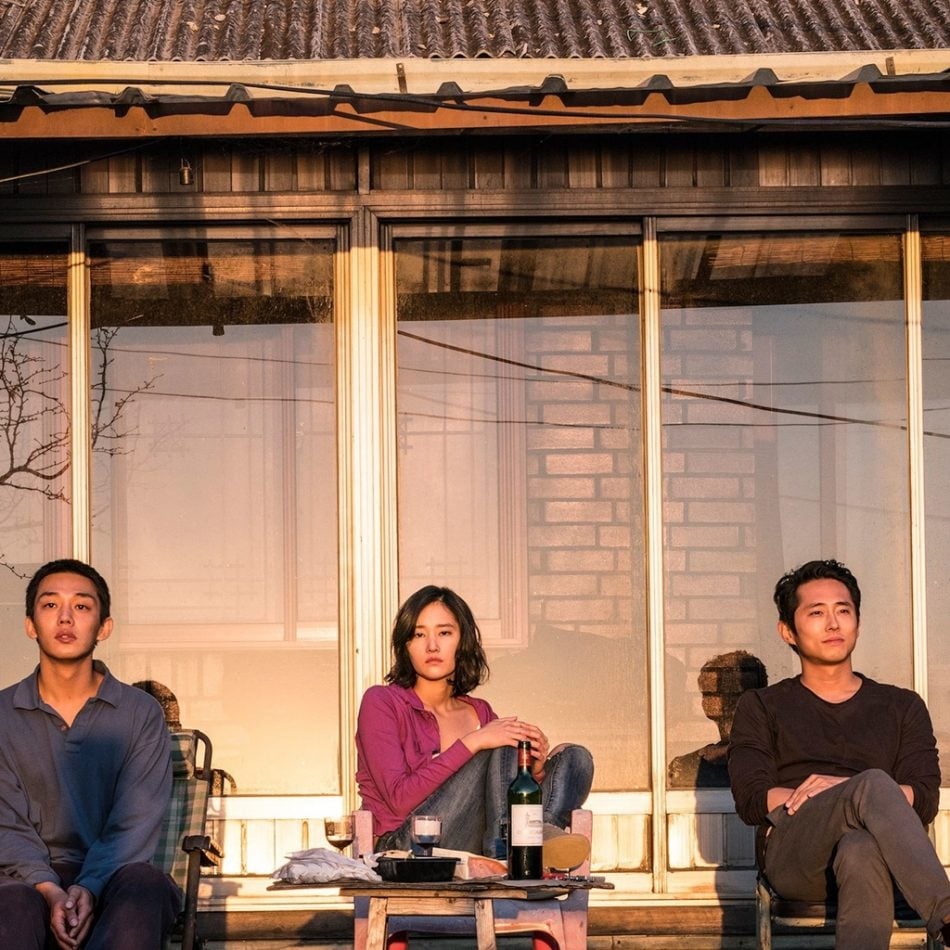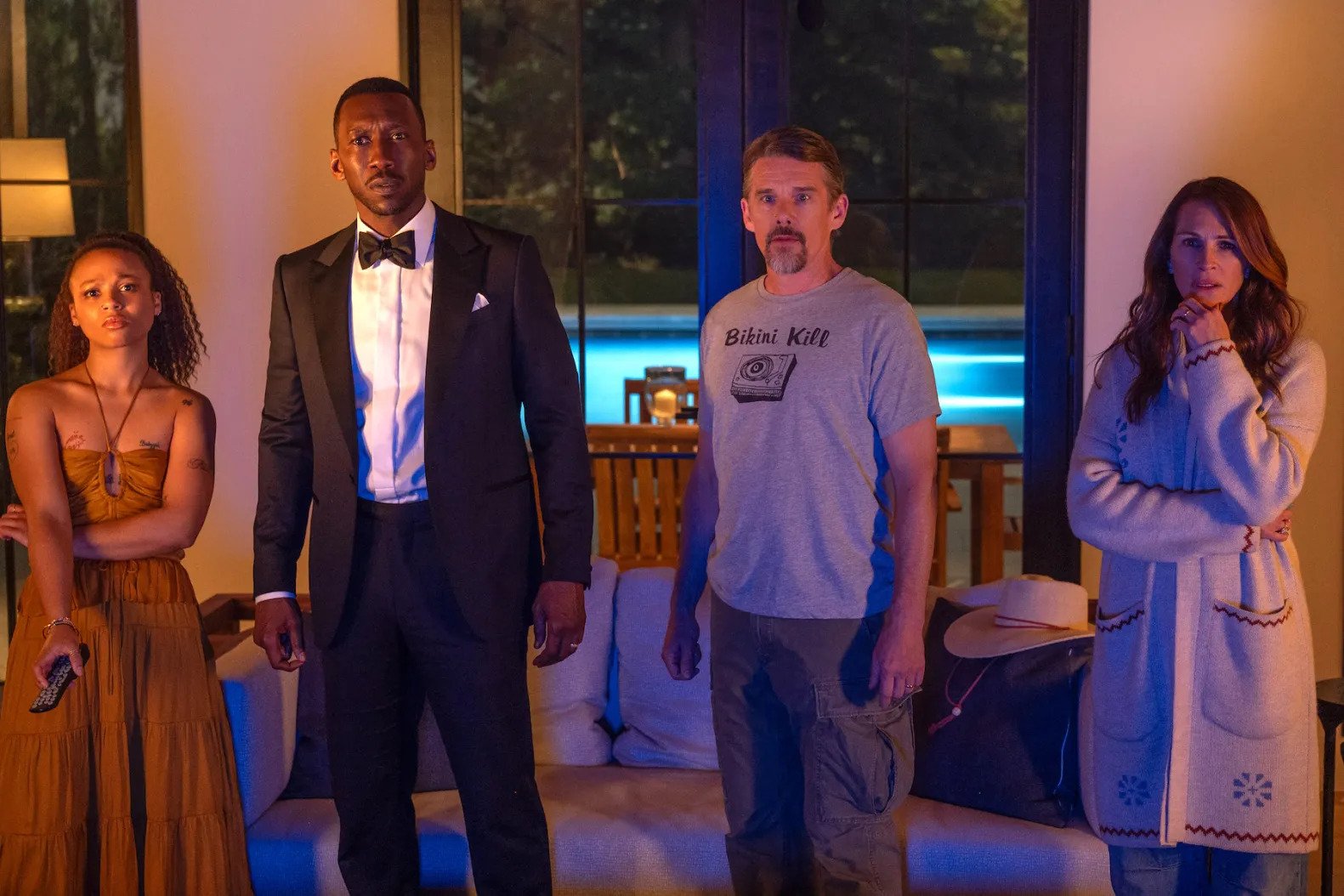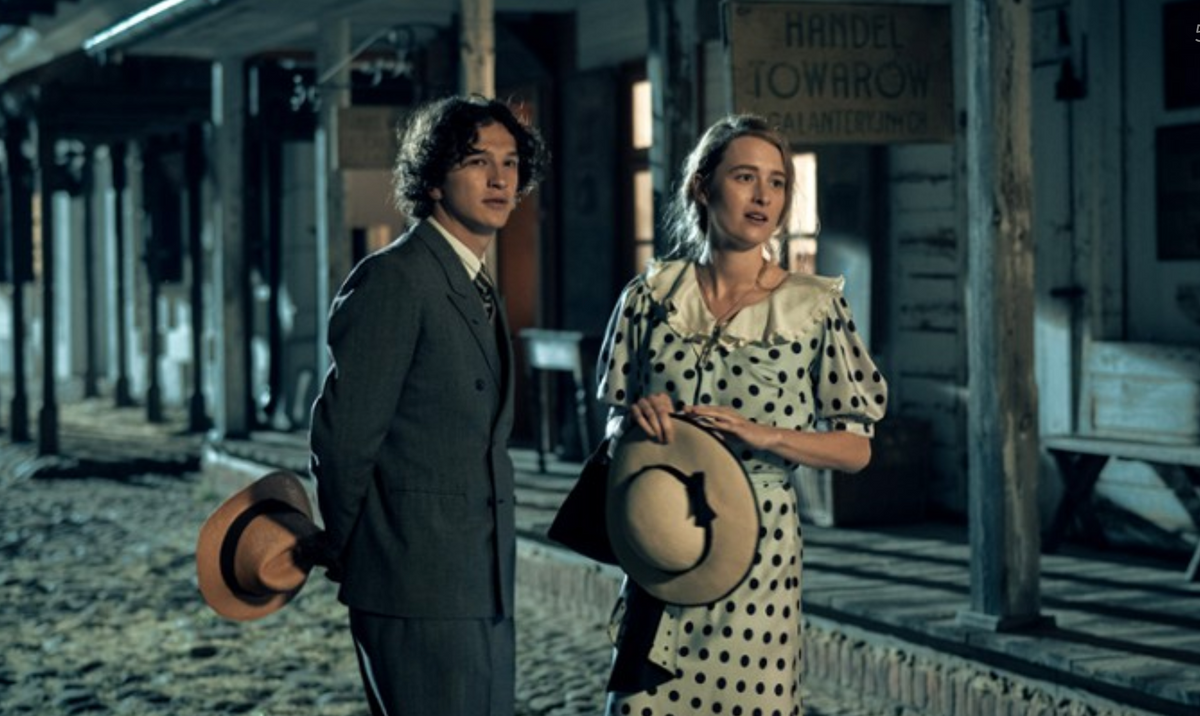Last Days at Sea (2021)

7.2
Movie
TLDR
That modern society has somehow deluded itself into believing that fishermen don't deserve comfort, let alone basic necessities, is proof enough that our modern society really sucks.
What it's about
The take
A great example of a documentary that covers a marginalized community without imposing the gaze of a detached, "superior" filmmaker, Last Days at Sea chronicles daily life in a Filipino fishing town but remembers to contrast its images of hardship with the care of a community. There are times when the film's director, Venice Atienza, might insert herself into the picture a little too much, but for the most part this movie feels uniquely co-authored by the people it follows on screen. A subtle sadness permeates through every interaction, as memories are brought up of those who used to live here, and as those who remain acknowledge that everyone is fated to leave the warmth and safety of the town at some point—an injustice if ever there was one.
What stands out
Last Days at Sea progresses through casual conversation primarily between Atienza and 12-year-old Reyboy, who seem to quickly become fast friends, taking in the rhythms of each day at an unhurried pace. The insights that both of them gradually reveal feel as organic (and inevitable) as the waves of low tide coming on to shore. And these are feelings that only really seem to have the same to be expressed in a place like this, away from the intensity of the city. Everything culminates in a beautiful, painful final line from Reyboy, who expresses the pain of departure with a sense of poetry well beyond his years.
Comments
Your comment
UP NEXT
UP NEXT
UP NEXT
Curated by humans, not algorithms.

© 2025 agoodmovietowatch, all rights reserved.









